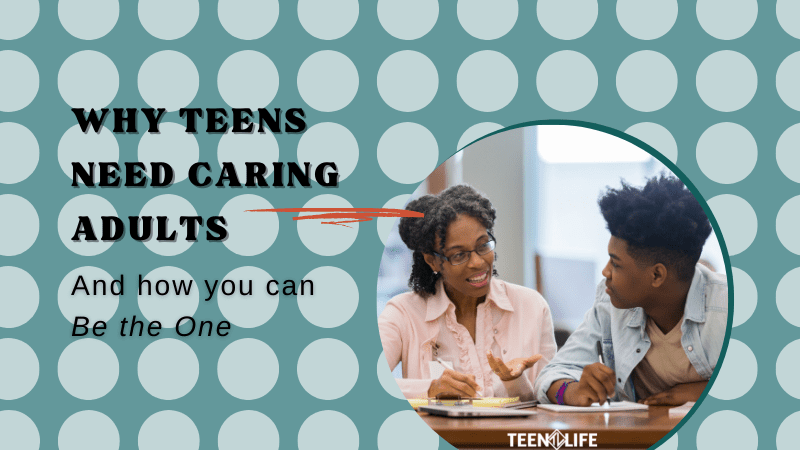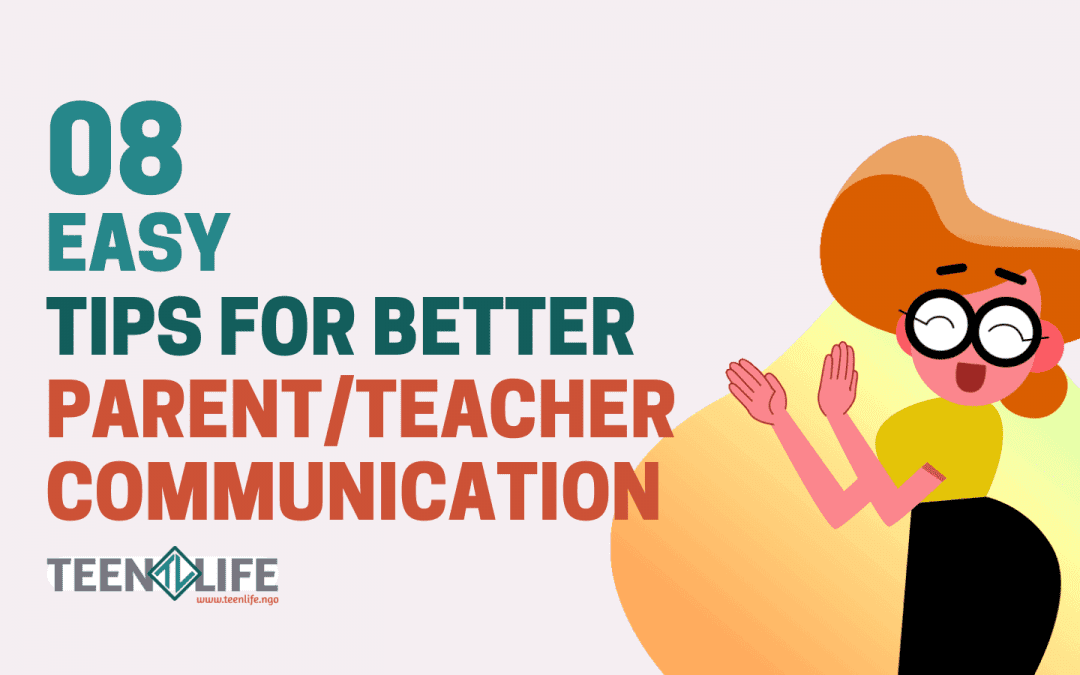
Why teens need caring adults
When I was fifteen, I was thriving as much as a nerdy, idiotic, high school sophomore could. At least on the outside. I was a talented trumpet player in a competitive band; I had a decent social circle; and I was involved in extracurricular activities. But the inside was a different story.
I was full of anxiety, doubt, and a professional at self-deprecation. Every day, I was carrying an extra load of problems on top of the normal daily sophomore struggles. I had some life stress that was daunting, but the scary thing to me is that I had loving parents and mentor teachers and it still wasn’t enough.
Enter my One.
Around the middle of the year, I was clearly off. An adult I had known for a while noticed and reached out to me. Pretty soon that became a weekly check-in. It was simple. It wasn’t anything extravagant, planned out, or complicated but it was huge for me.
Even though I was lucky to have positive influences in my life already, having someone show up for me did wonders for my well-being.
I think about how much I would have benefited from Teen Life Support Groups when I was in school. Parents and teachers are great mentors and do have a huge influence on teens today. There’s no denying that, but a member of the community showing up for a teen in need can be just as, if not more, impactful.
Teens with mentors show improvement in their attitudes and attendance at school. Studies have shown that high school graduation rates are higher, teens are less likely to drop out, they have enhanced self-esteem, improved interpersonal skills, and more.
A previous Big Brother, Big Sister study showed that teens with mentors are less likely to begin using drugs or alcohol. Specifically, 6.2 percent of youth with mentors initiated drug use compared to 11.4 percent of their peers without mentors, and 19.4 percent initiated alcohol use compared to 26.7 percent without mentors. This shows that they can gain important life skills to stay away from drugs (LoSciuto, Rajala, Townsend, & Taylor, 1996).
So how can you Be the One?
Teen Life makes it easy to take training that equips you to lead Support Groups on a campus near you. If you want information on how to get involved with schools, email me at tobin@teenlife.ngo.
We don’t all have time to be on a school campus during the day though.
You can also help by going here: teenlife.ngo/partner. Any one-time or monthly donation helps us connect teens in schools with trusted adults and peer support.
It can also be as simple as checking in with the teens in your life. Teens need to know that we care. Because no teen deserves to feel alone.

Tobin Hodges
Program Director
Tobin graduated with a Bachelors of Music from Texas Tech University. A teacher’s kid twice over, he taught for 13 years before coming to Teen Life. His entire career has been centered around helping students and teens from all walks of life become the best version of themselves.

